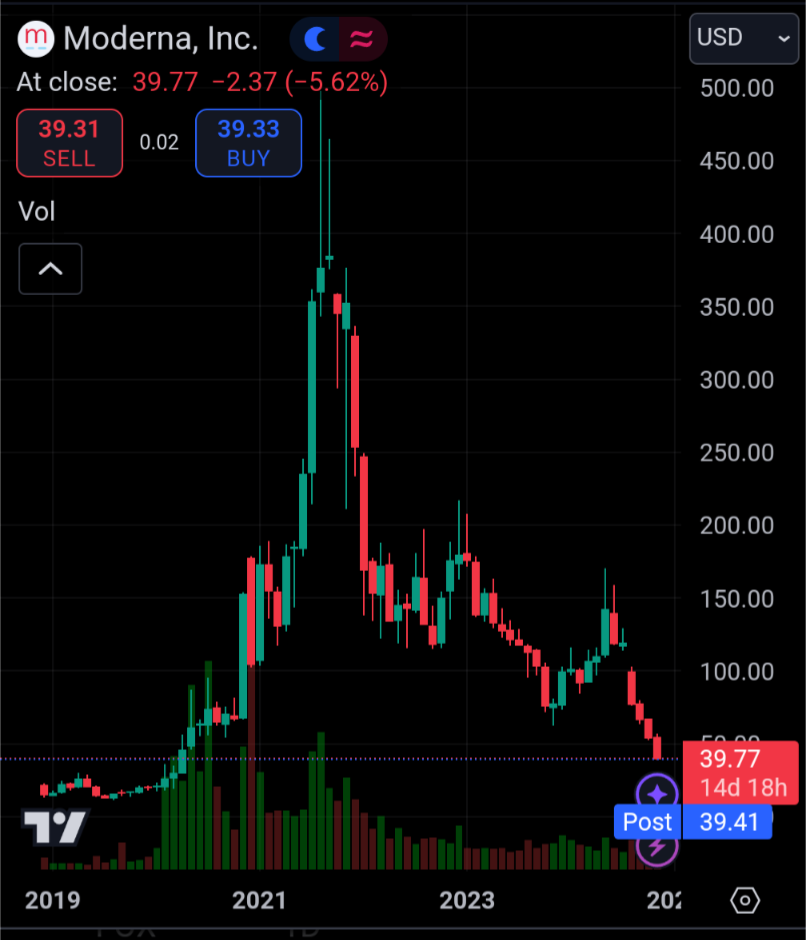

Thank you!


Thank you!


Imagine I’m an idiot, do you have a link or description for where to find those? I looked for them some time ago and found nothing. 🥹


Where do you get installation media for Windows LTSC?


Today they’re smashing it at the rate of installation per year.


They just keep running into faces.


This is beautiful! It’s like a textbook example for everyone paying attention to draw crisp conclusions for how the system works.


LMAO


Honestly I don’t know what’s up with the mass delusion about Bluesky being oligarch-free. It’s understandable that most don’t know or haven’t looked into it, but then some folks that should know better are displaying the same ignorance.


Yup, from the first availability till today, no shenanigans.


Don’t discount the other autos lobbyists. Some have invested heavily in new factories being built and have many more workers in the US combined. Not to mention they can keep selling gas guzzlers till we burn the planet.





I’m trying not to accelerationist but this clown car is getting pretty fast.
Every time I hear a junior developer say we should rewrite something they have made 0.1 effort understanding, I thank the JS world for not giving a generation or two of developers a well thought out application development framework.
You lost me at shitting on legacy code. My brother in Tux, we don’t rewrite code willy-nilly in the FOSS world either and for a good reason. New code always means new bugs. A shit ton of the underlying code in your Linux OS was written one or more decades ago.


This is because employees in South Korea can “only” work a maximum of 52 hours per week, including twelve hours of overtime. As a result, employees often have to leave work and go home even when important tasks have not yet been completed. For this reason, key employees of the Exynos team are reported to have worked unpaid overtime more and more frequently over the past few years, with the extra hours going unrecorded.
Why is SK’s birth rate in the shitter.


We’ll know if we hear any Big Ag name being raided.


Given everything we’ve seen over theast little while, including the process of non-profits getting taken over by their VC funded subsidiaries; that difference you see is almost certainly a matter of being at a different point in their respective profit timelines.


So you’re telling me there’s a chance?
Thanks!